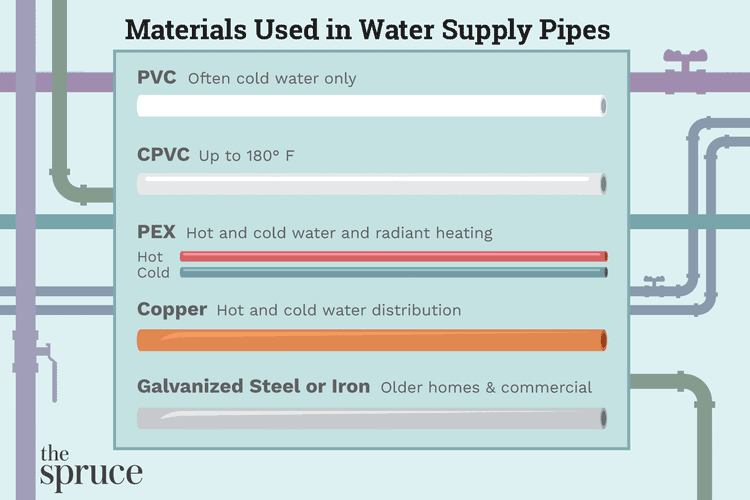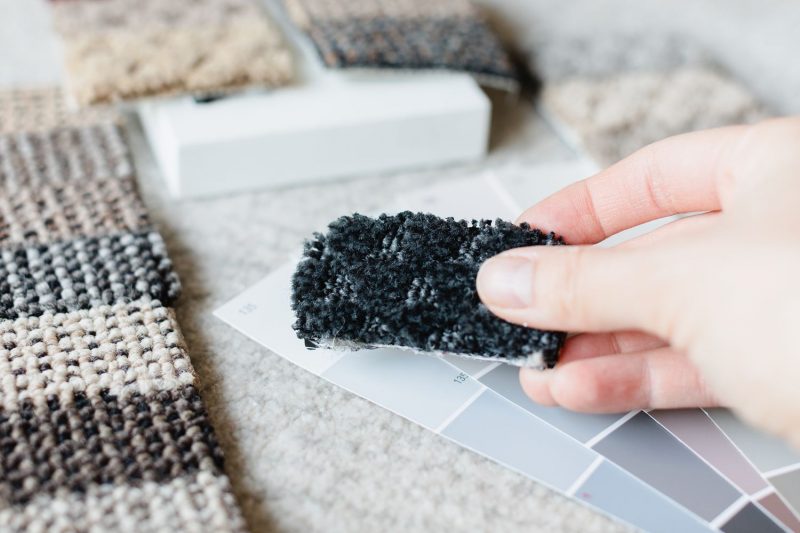Sarah Aguirre is a seasoned housekeeping professional with more than two decades of experience in both residential and commercial cleaning. Throughout her career, she has contributed articles on housekeeping tips and home organization to various national publications.
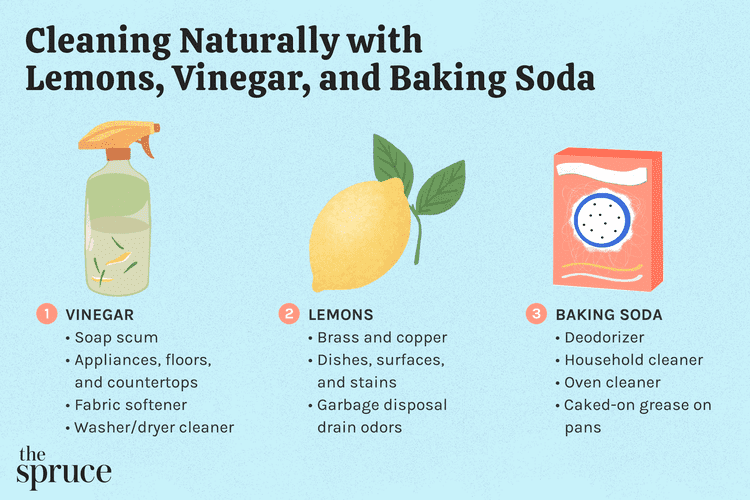
You don’t need to stroll through the cleaning section to discover the most effective solutions for tidying up your home—simply check your pantry. Ingredients like vinegar, lemons, baking soda, and various other natural cleaners work wonders for cleaning, disinfecting, and stain removal, among other tasks.
Contents
Lemon-Based Cleaning Solutions
Lemon juice serves as an effective natural cleaner for your household. It can effectively break down soap residue and mineral buildup from hard water, and it works wonders for polishing brass and copper. Additionally, due to its natural bleaching properties, lemon juice can help remove stains, although this can also pose a risk. It’s advisable to perform a test on an inconspicuous spot before applying it to visible areas.
Uses of lemon for cleaning purposes include:
- Cleaning paste: Combine lemon juice and baking soda.
- To clean dishes and surfaces with stains, take a lemon and slice it in half. Then, apply baking soda to the exposed part of the lemon. Use it as you would a sponge for effective cleaning.
- To create a natural furniture polish for hardwood surfaces, combine 1 cup of olive oil with 1/2 cup of lemon juice.
- To eliminate odors from the garbage disposal, try running a whole lemon or orange peel through it. This will help refresh both the drain and the kitchen.
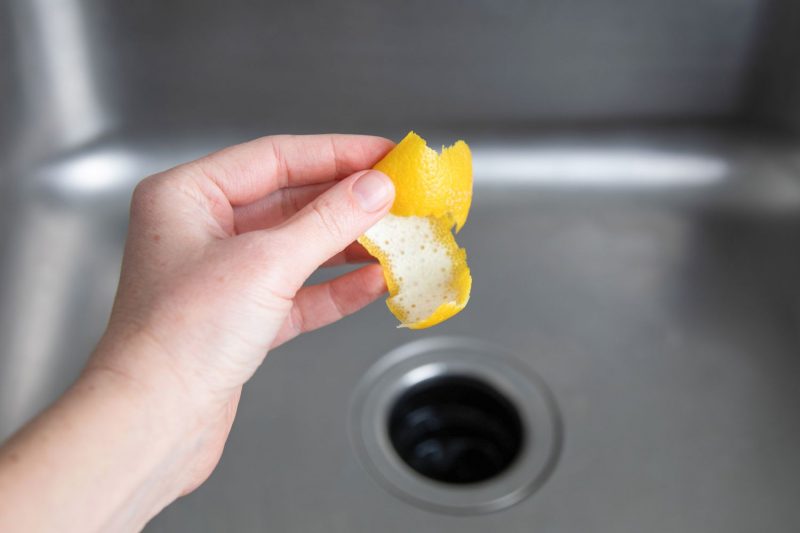
Using Baking Soda for Cleaning
Baking soda is an incredibly adaptable cleaning agent. It can effectively scrub surfaces similarly to store-bought non-abrasive cleaning products. Additionally, baking soda serves as an excellent deodorizer. Simply keep a box in your refrigerator and freezer to eliminate unwanted smells. It can be used in various places that require deodorizing, such as trash bins, laundry, and even your family’s particularly odorous sneakers.
Combine baking soda with hydrogen peroxide to create a powerful cleaning solution for your home. This mixture works especially well on tile grout. In a small glass bowl, mix 1/4 cup of baking soda with hydrogen peroxide until you achieve a thick paste.
Interesting Tidbit
Sodium bicarbonate, commonly known as baking soda, and acetic acid, found in vinegar, are frequently combined in children’s science experiments to simulate a volcanic eruption. This reaction occurs due to the chemical properties of the two substances, with one acting as a base and the other as an acid. When mixed, they break down into water and carbon dioxide gas. The gas escapes and forms bubbles and foam, making it an effective cleaner.
Baking soda and vinegar are commonly combined due to their chemical interaction, which effectively eliminates dirt, breaks down grease, and neutralizes unpleasant smells.
- Clear sluggish drains by pouring in 1 cup of baking soda, then add 1 cup of warm vinegar.
- To clean your oven and eliminate stubborn grease from pans, start by sprinkling baking soda over the metal surfaces. Then, pour boiling vinegar on top. Allow the combination to rest for 30 minutes before wiping it clean with a damp sponge.
- Eliminate mildew from your laundry, especially towels, by incorporating half a cup of baking soda into your laundry detergent. During the rinse cycle, include a cup of vinegar to eradicate bacteria and enhance the softness of the fabric.
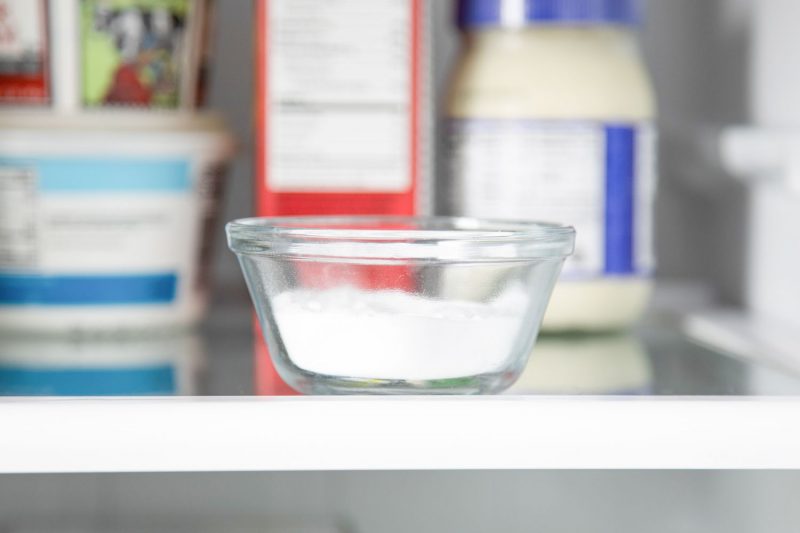
Cleaning with Vinegar
Vinegar is an effective cleaner and deodorizer, comparable to many all-purpose cleaning products. To create a cleaning solution, simply combine equal amounts of water and vinegar in a spray bottle. This mixture can be used to clean various surfaces throughout your home. There’s no need to be concerned about a lingering vinegar scent, as it dissipates once it dries.
Warning
Vinegar has the potential to stain or harm certain surfaces, so it’s advisable to conduct a test in an inconspicuous spot to confirm that there is no discoloration or damage. If vinegar is not diluted properly, its acidity can erode tile grout. Additionally, it’s not recommended to use vinegar on marble surfaces.
- Bathrooms: Use a 1-to-1 mixture of vinegar and water to clean the bathtub, toilet, sink, and countertops. This solution effectively removes soap scum and hard water stains from your fixtures and tiles, resulting in a polished and attractive appearance. For the bathroom floor, you can also mop using the vinegar and water mixture. If you encounter stubborn rings in the toilet bowl, apply undiluted vinegar. First, flush the toilet to lower the water level, then pour the vinegar around the rim and scrub the bowl thoroughly.
- Kitchens: Wipe down the stove, appliances, and countertops using a mixture of equal parts vinegar and water. For the floors, vinegar works wonders, leaving them looking fresh and shiny.
- Laundry spaces: Consider using vinegar as an organic alternative to fabric softener, particularly beneficial for those with sensitive skin. Simply add 1/2 cup of vinegar during the rinse cycle instead of using commercial fabric softeners.
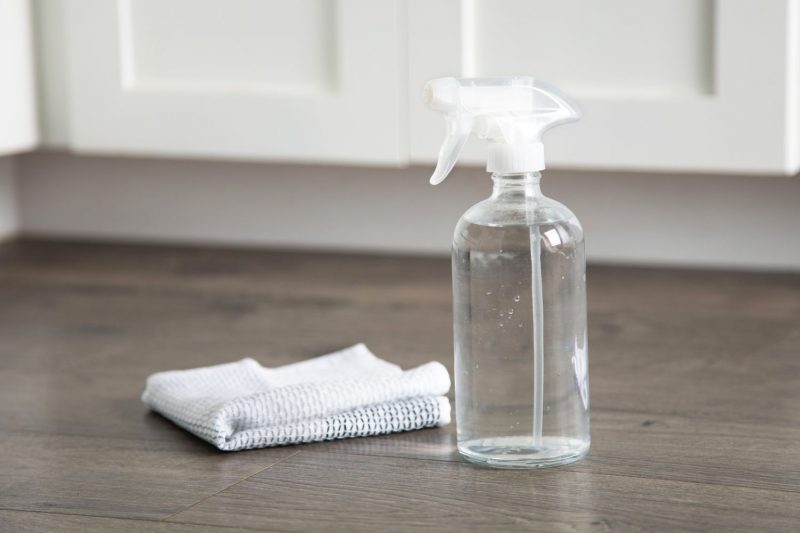
Utilizing Alternative Natural Cleaning Solutions
There are numerous alternative natural cleaning solutions available. You may be astonished to discover that everyday items such as ketchup, rice, coffee grounds, and various other ingredients from your kitchen can effectively clean your home.
Tip
The vinegar found in ketchup serves as an effective cleaning agent, capable of tackling rust on metal surfaces, eliminating burnt food residues, and polishing brass, silver, copper, and stainless steel.
You can opt for commercially available natural cleaning products, but it’s important to know what to consider when selecting an eco-friendly cleaner. Familiarize yourself with how to interpret product labelswhile many of these commercial options contain natural ingredients that you might already have at home, not all green cleaning products are of the same quality.
